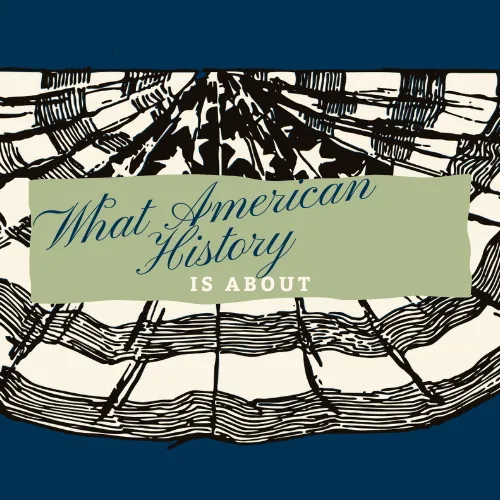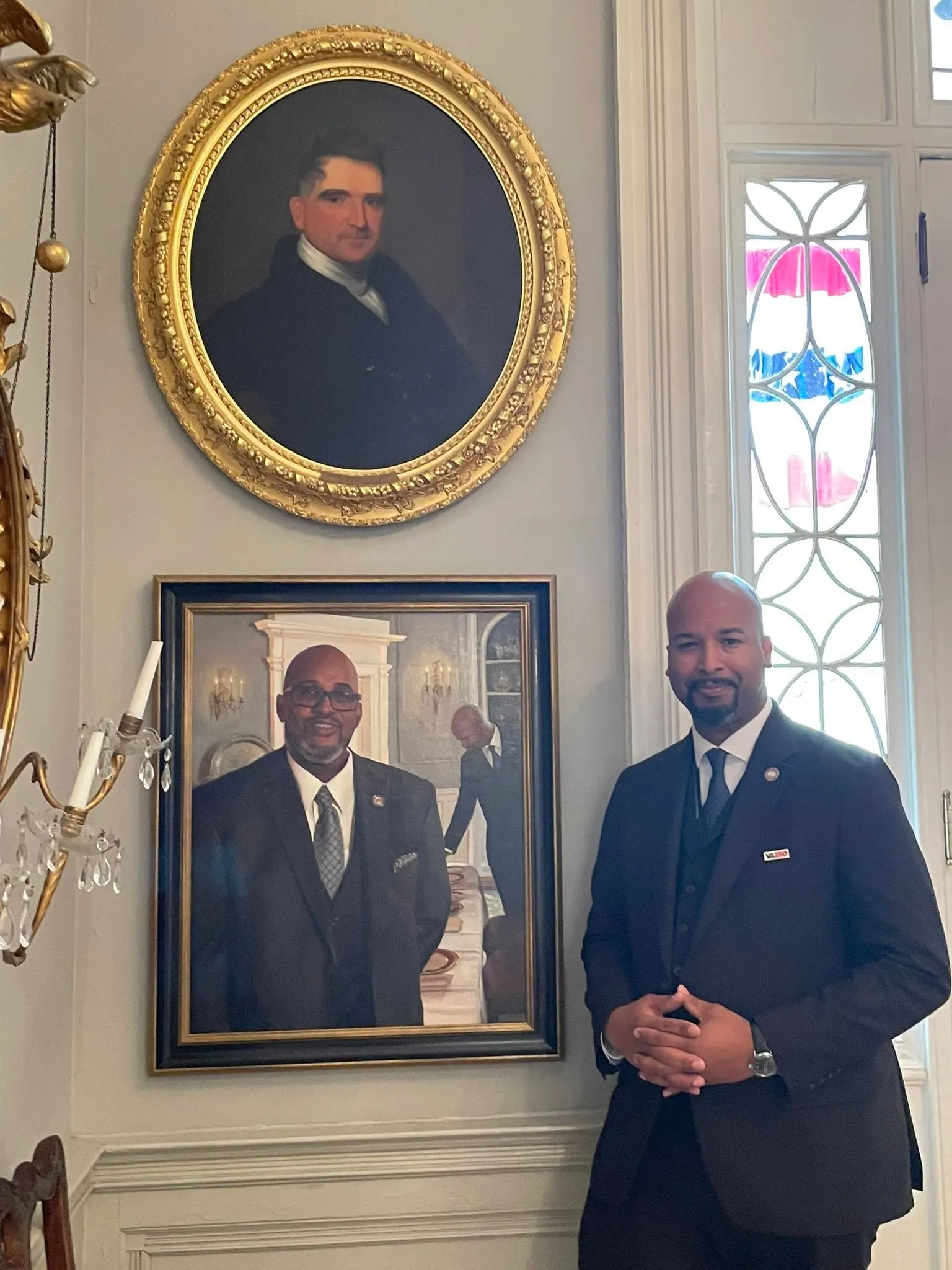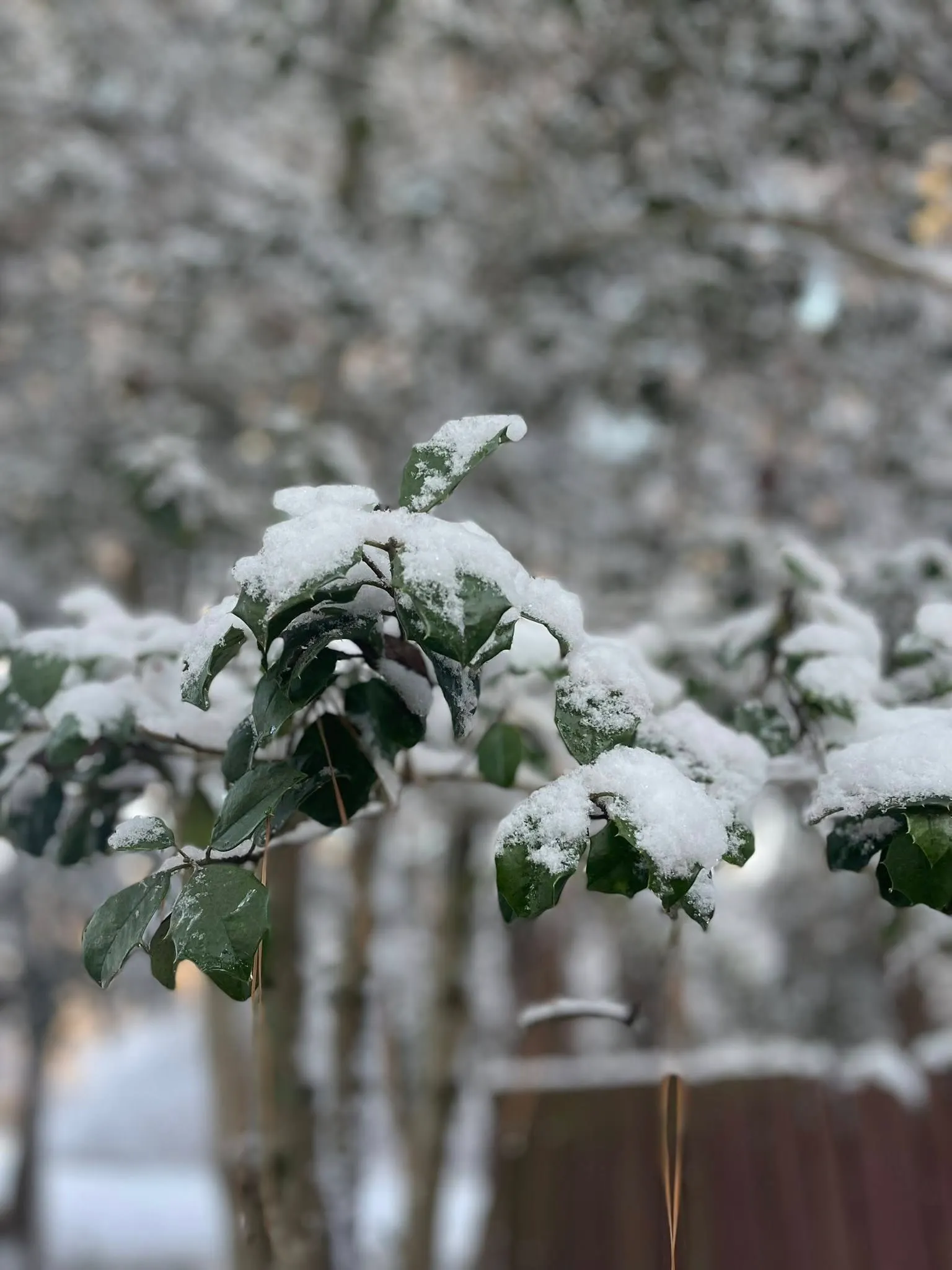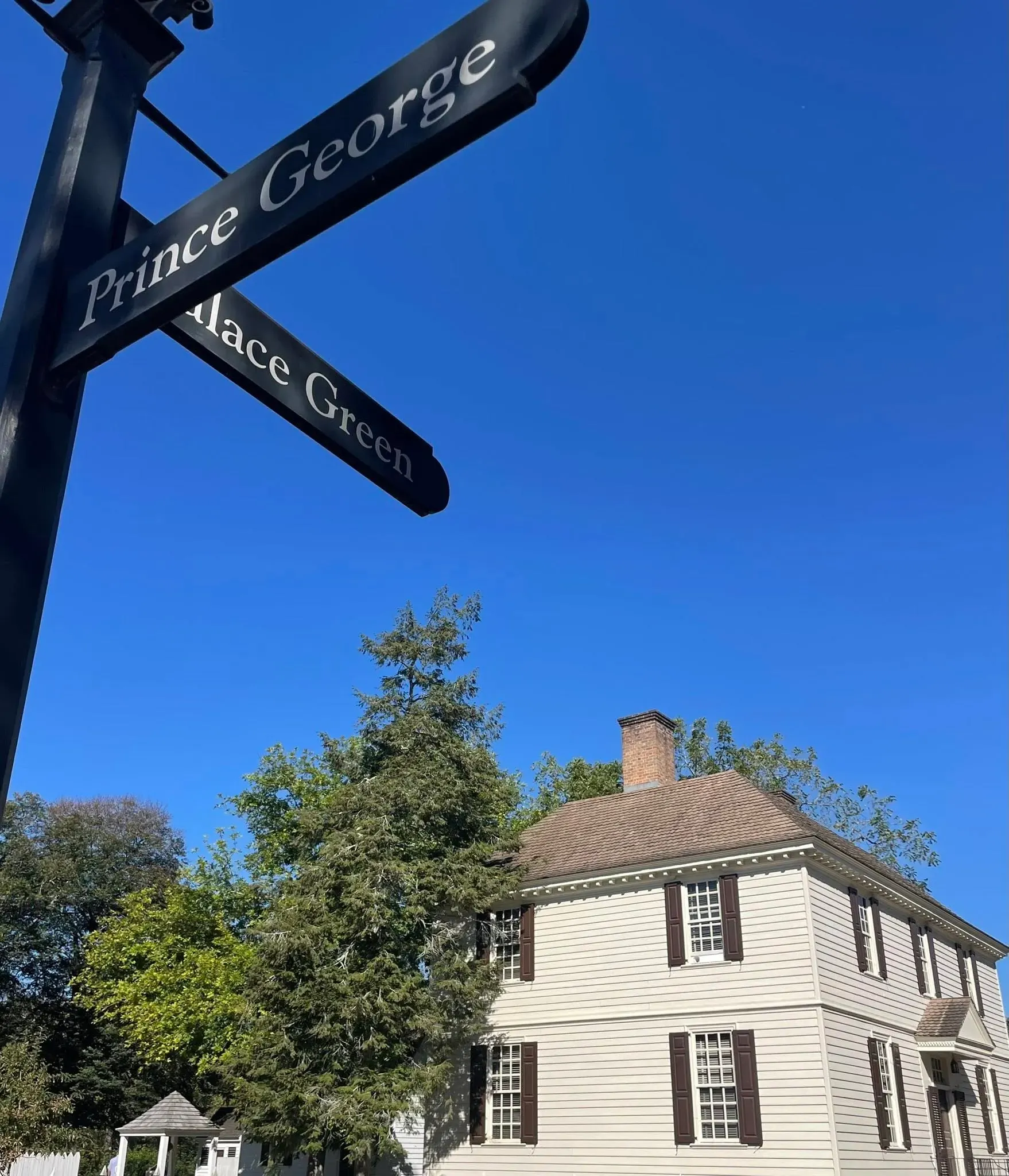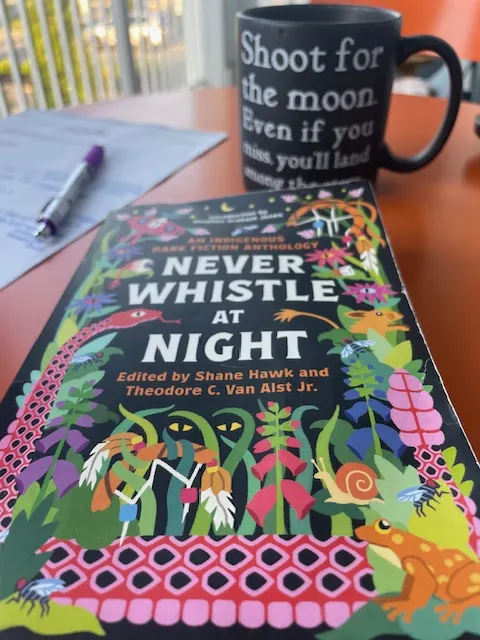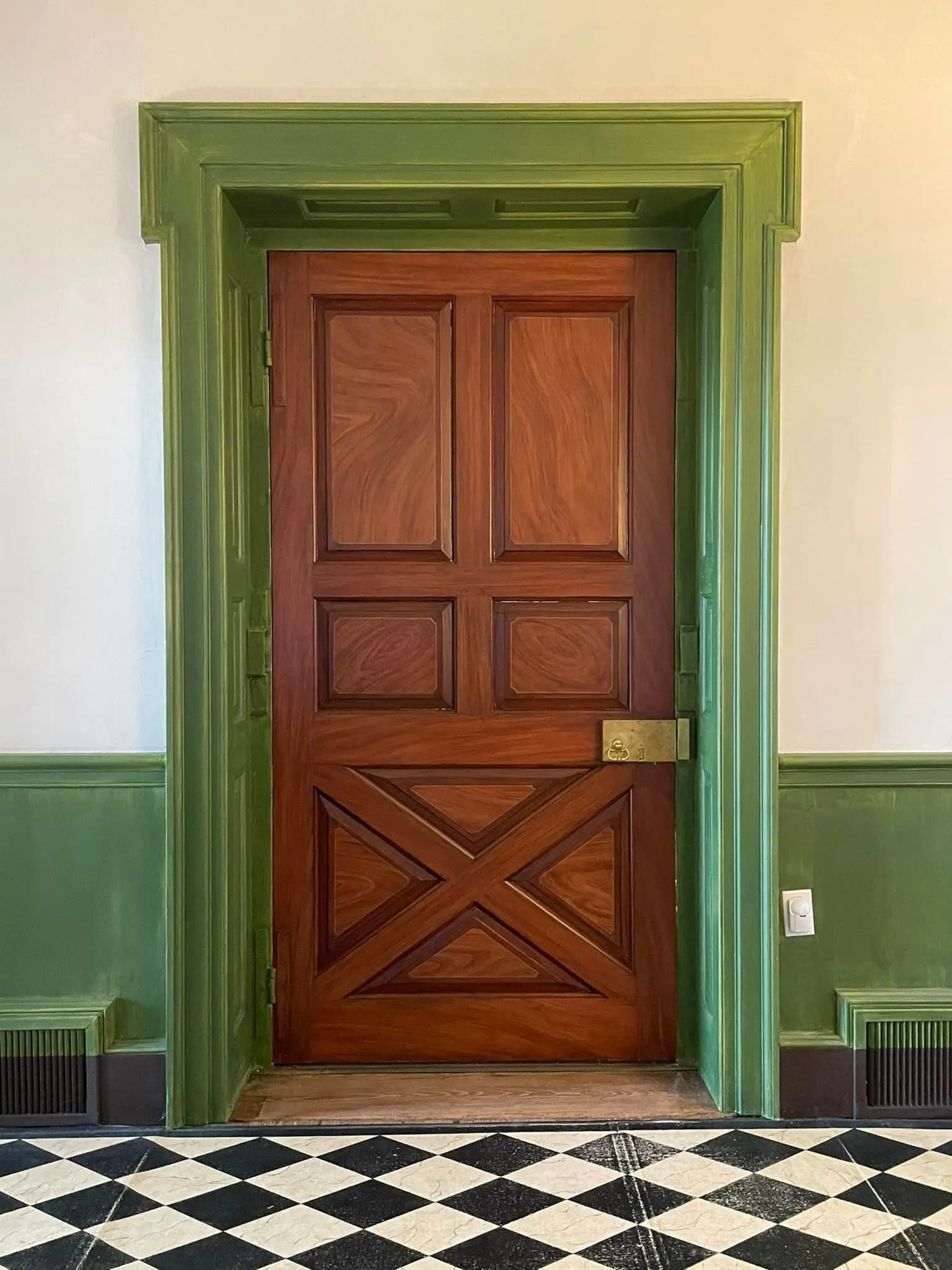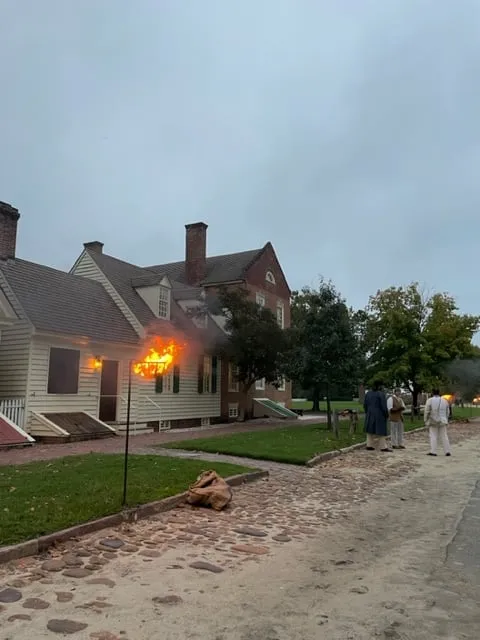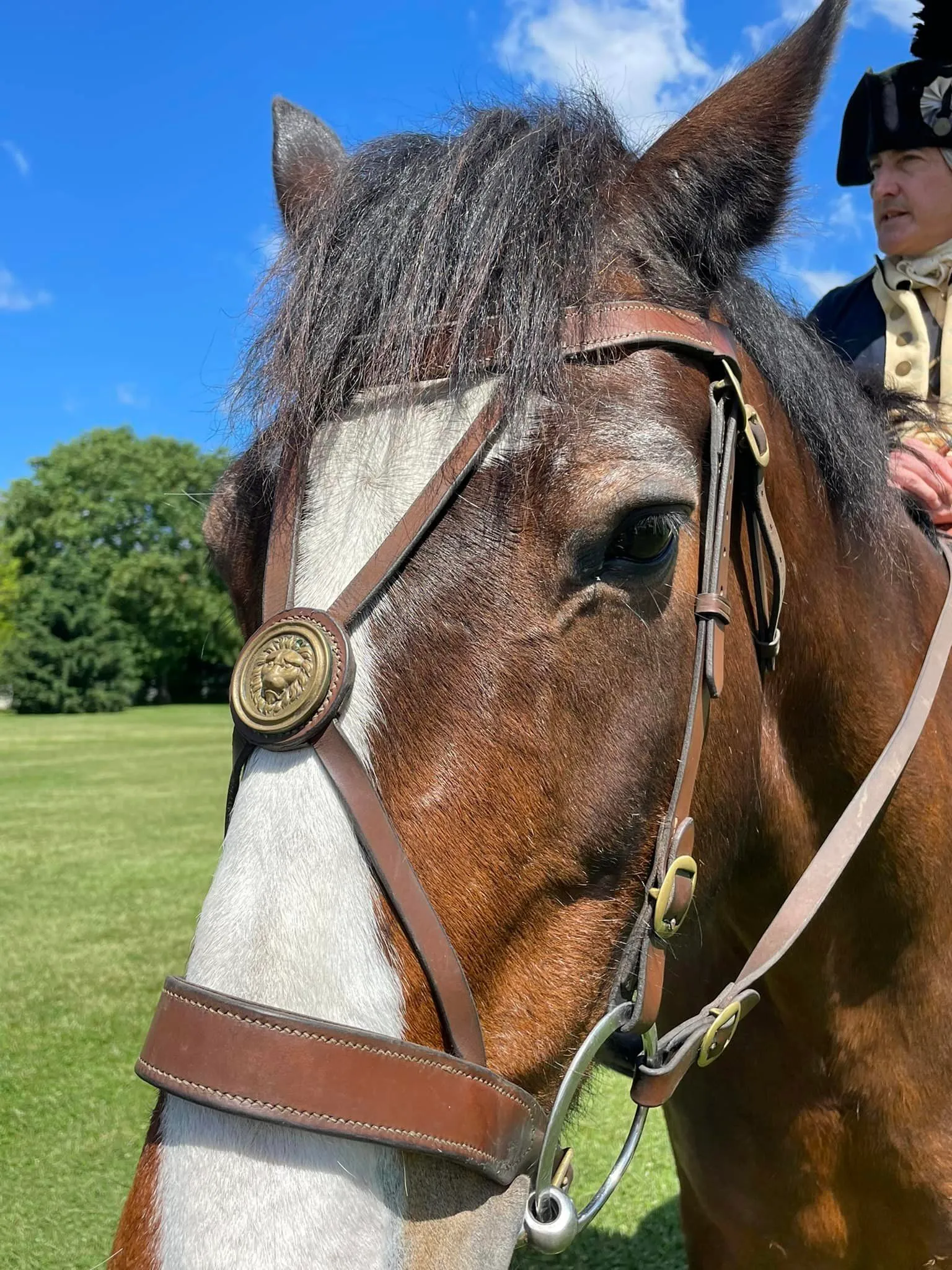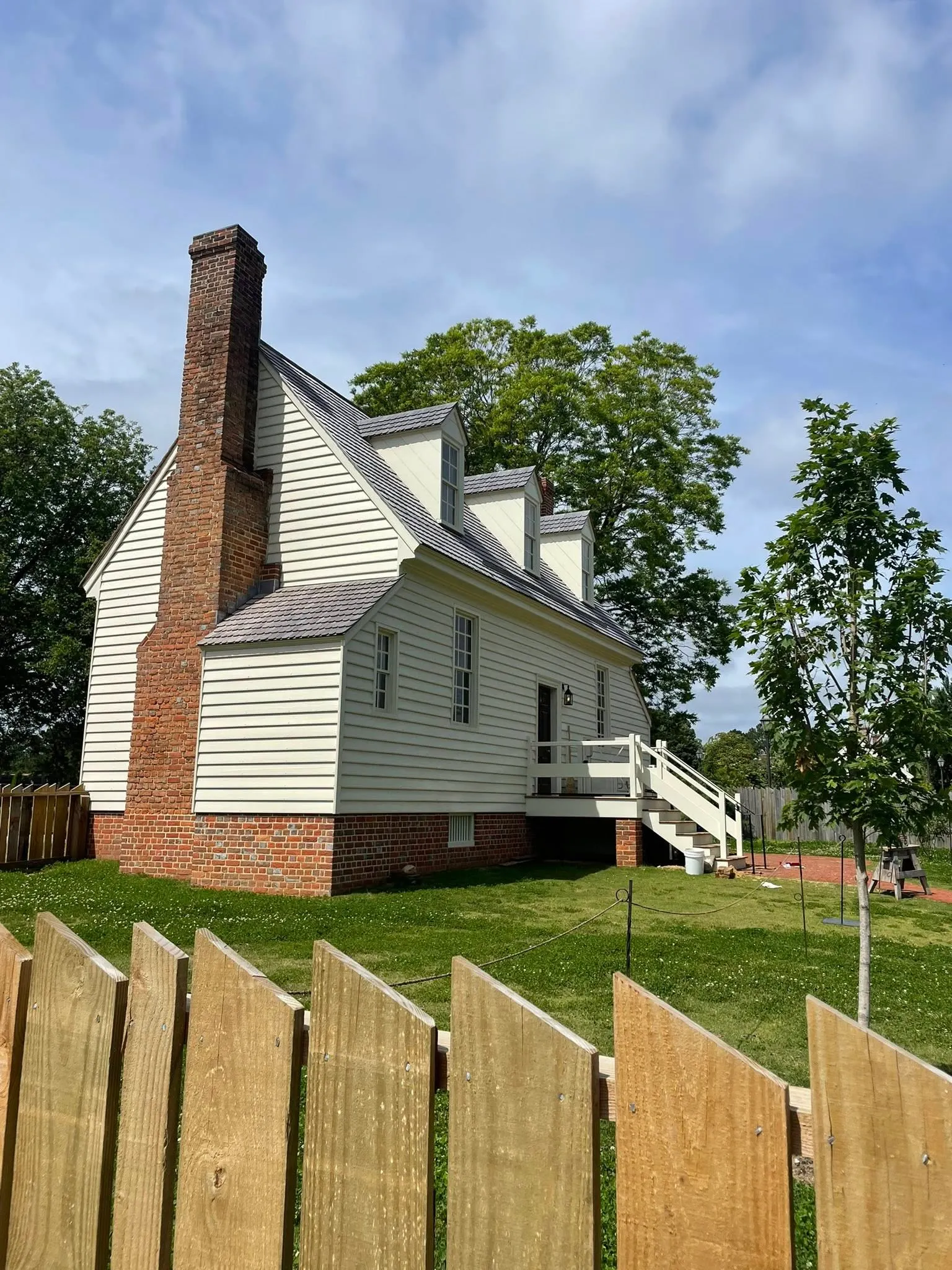Past Meets Present: A Fascinating 7-Question Chat with Stratford Hall’s Own Dr. Gordon Blaine Steffey
Meet Dr. Gordon Blaine Steffey.
I met a passionate historian on what I see as an epic journey into bringing early American history to life for the rest of us. It’d be unjust for me to NOT share him, his mission, and his knowledge with you. How I met him: click here to open a new tab and learn about my preparation to visit Stratford Hall.
Before we dive into his interview, the first to be featured on this blog, I’m dropping his bio. We have things in common: his interview comment about what comes after age 50 struck me, as I created the Free At 50 blog at age 49- similarly wanting the back half of life to be different. And I also love learning through primary sources- most especially letters.
These things in common will keep me following Gordon for years to come. I hope you do as well!
The bio:
Born in Virginia and reared in the Brushy Mountains of North Carolina, Dr. Gordon Blaine Steffey has earned degrees from Saint Olaf College, Yale University, and the University of Virginia. He joined Stratford Hall in November 2022 after nearly 20 years of teaching at Randolph College (formerly Randolph Macon Woman’s College) in Lynchburg, Virginia, where he held an endowed chair in Comparative Philosophy.
There, Dr. Steffey won the top prize in undergraduate teaching from the Virginia Foundation for Independent Colleges. His publications on a wide range of topics, from climate denialism to the politics of anger, may be found in recognized international journals.
At Stratford Hall, Dr. Steffey is the Vice President of Research and Collections
Director of the Jessie Ball duPont Memorial Library. His role is to preserve and to produce knowledge about the multiple generations and communities who called Stratford home and to highlight their incredible contributions to the founding of our country.
Dr. Steffey is working on a book on Arthur Lee, currently under contract with the University of Kentucky for a book on Stratford Hall, and he may be heard monthly on the podcast: Stratford Mail.
Necessary disclaimer: As a blogger, I use affiliate links sometimes! I may receive commission from purchases I share; it does not change your price but sometimes you might get a discount.
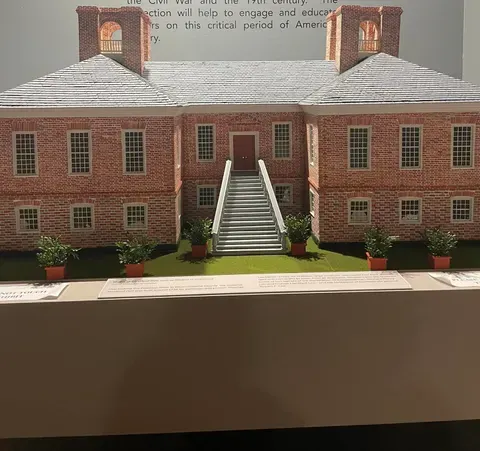
Model of Stratford Hall in Visitor's Center
Question 1: Tell us about choosing your career path and landing in your role at Stratford Hall.
This career is adjacent to my first career. Until November 2022, I held an endowed chair in the Department of Comparative Philosophy at Randolph College in Lynchburg. There I taught courses in various historical and cultural aspects of Abrahamic religious traditions and Continental philosophies of religion.
I loved teaching, but I was never in love with the administrative side of university work (which is viral), and as various forms of delirium overtook higher education, I decided it was an opportune time to move. I had long thought and told inquisitive students that I wouldn't be teaching in higher ed much past the age of 50--reflecting on my experiences and studying the experiences of older colleagues, I just couldn't envision that future.
And I was satisfied by what I had achieved in 18 years of teaching, scholarship, and service. A close friend pointed my nose in the direction of Stratford, where I could teach in a different vein and a different way, and I applied straightaway.
My first day was November 1, 2022. The role seemed then and has turned out to be a good fit because I am able to use my academic toolkit to bring scholarly attention to and to produce new knowledge about Stratford and the overlapping communities who resided here.
RELATED: My post about living Free At 50 and embracing my passion for history.
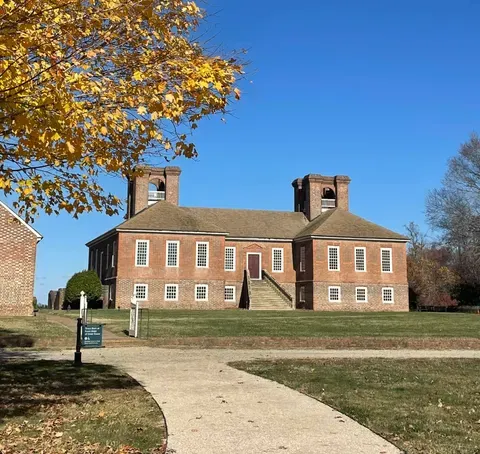
Stratford Hall, Fall 2024
Question 2: Tell us about your mission and the “why” behind your work on Stratford Mail.
What an excellent transition to my "mission." Simply put, that mission is credit where due.
The little bio I submitted to head this interview contains the fuller version of that mission: to preserve and to produce knowledge about the multiple generations and communities who called Stratford home and to highlight their incredible contributions to the founding of our country.
Outrageous to think that after so many generations there could be new knowledge of Stratford folks, and yet here we are, still at the front end of turning up information on our indentured and enslaved communities and tuning up our knowledge of the Lee family too, the known, little known, and unknown. I am trying to voice a more integrated narrative of the people of Stratford and their diverse relationships to one another, other Virginians, Americans, and the broader Atlantic world.
The Stratford Mail Podcast is one outlet for that narrative.
Podcasting was a space Stratford hadn't entered when I arrived, and I knew we needed to reach beyond Westmoreland County and engage folks around the nation and indeed the world with the incredible stories of our historical Stratford communities, whether the resistance of the enslaved Sawney, indentured Richard Mynatt, or Hannah Lee Corbin of Peckatone.
Moreover, too many folks simply have no inkling of the role played by the sons and daughters of Thomas and Hannah Lee in the colonial resistance movement, revolution, and the founding of a new nation.
Never having done a podcast prior to this, I just leapt in with both feet, equipped really with not much more than a general idea: peeking at the historical mail of other people.
Teaching historical letters and diaries had been the focus of contract work I did for Stratford before being hired full-time and there's something about working with letters that really raises a window on the lives of the folks involved.
But teaching a historical letter in fewer than 20 minutes can be challenging in many ways, not least of which (and this is often the case for me) is that unless one has access to the complete correspondence on both sides reading a letter can be like listening to someone talk on the phone.
And what I want to do for listeners is paint a vibrant picture of a historical moment or moments that help them to understand something more of their own lives. So fragmented correspondence can be an obstacle to getting that density of information that I need to add more color. This is to say nothing about other limitations, including the very real hazard of focusing on historical letters, namely, the privileging of literacy and thus certain social orders.
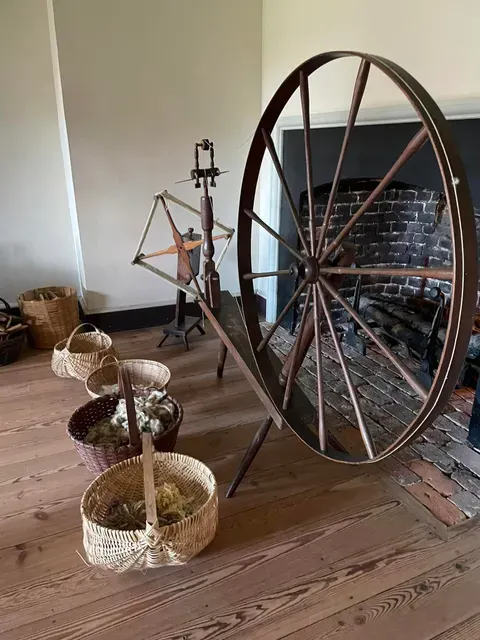
Spinning wheel on exhibit displaying an aspect of daily life at Stratford Hall
Question 3: How has the podcast evolved since you first came up with the idea, then launched it?
As for evolving, I've really only just begun—18 episodes in and I'm learning not just about the technical aspects of recording, production, and post-production, but also about storytelling and the power of story to elicit a range of human emotions, a sense of connectedness to our forefathers and foremothers, and an appreciation of how history structures, enriches, and complicates our lives.
I'm obviously trying to build knowledge too. And I'm trying to satisfy interest in the 'big' stories as we approach the 250th and interest in stories of everyday struggle and joy that occur 'offstage,' so to speak.
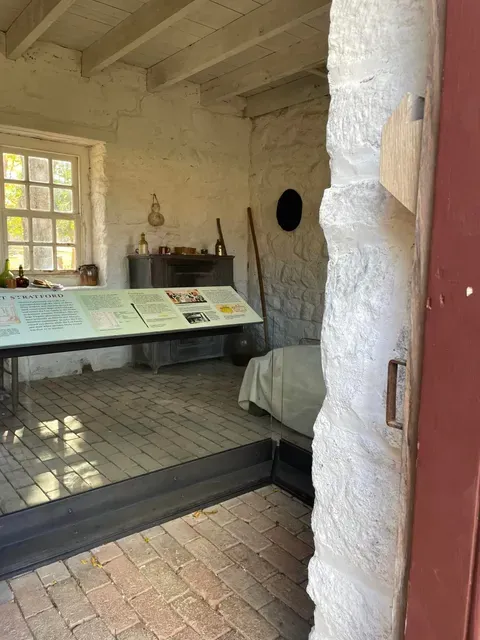
Inside the reconstructed slave quarters at Stratford Hall
Question 4: When we met, we found a shared interest in Arthur Lee- what draws you to him to dive deeper into his life?
I was attracted to Arthur Lee from the beginning of my interest in Stratford, in part because of his astounding education and because of the electric sense I had when I started to learn more about him: 'Why haven't I heard of this guy?' (which may have more to do with my education). But I soon discovered that Arthur was widely unacknowledged or underacknowledged where he wasn't outright vilified.
This is as true during his life as after his death.
A 19th-century biographer of Benjamin Franklin, James Parton, authored my favorite bit of vilification, which is spectacular in its intensity. Speaking of Arthur, Parton wrote that he was "one of the most impracticable and incompetent men that ever, in any age or country, held a public station."
And commenting on the internal divisions of the revolutionary American commission to France, Parton waxes particularly hot about Arthur:
"From 1776 to the end of the revolutionary struggle, the persons representing the United States in Europe were generally at open or secret war with one another; envy, jealousy, malice, and all the other passions of a small and morbid brain raged among them. Why was this? ANSWER: Arthur Lee! One such narrow, conceited, fidgety, suspicious, envious, covetous, plantation-bred person as he would be sufficient to introduce discord among a chorus of angels."
All this in contrast to Samuel Adams, who in 1781 wrote about Arthur to his brother Richard Henry Lee:
"But the Historian will in some future time draw forth the Proofs of his Patriotism, & unprejudiced Posterity will acknowledge that Arthur Lee has borne a great Share in defending & establishing the Liberties of America."
In 1817 John Adams writes of the long-dead Arthur:
"Arthur Lee, a man of whom I cannot think without emotion; a man too early in the service of his country to avoid making a multiplicity of enemies; too honest, upright, faithful, and intrepid to be popular; too often obliged by his principles and feelings to oppose Machiavellian intrigues, to avoid the destiny he suffered.
This man never had justice done him by his country in his lifetime, and I fear he never will have by posterity. His reward cannot be in this world."
So there is a fairly wide swing on opinions of Arthur and his contributions to the patriot cause. And I wanted to understand both the general ignorance about Arthur Lee and the antipathy toward him among a segment of those in the know.
Arthur rubbed elbows with terribly important people and participated dynamically in important events in the history of Britain and the incipient United States.
His acquaintance was impressive and included Adam Smith, Samuel Johnson, John Wilkes, Catherine Macaulay, Lord Shelburne, Caron de Beaumarchais, as well as the movers and shakers in the colonial resistance, among them John Dickinson, Samuel Adams, John Adams, and this is to say nothing of fellow Virginians like George Washington, Patrick Henry, and his own illustrious brothers.
So stand by for a book on Arthur, which is in the works!
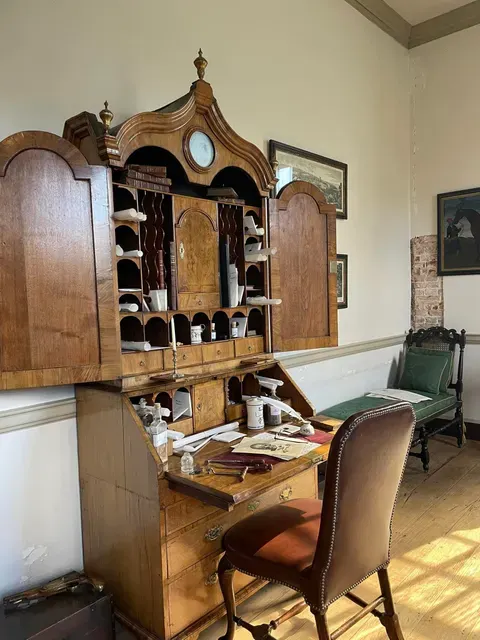
"Office" on exhibit inside Stratford Hall
Question 5: Please share two or three a-ha moments you’ve had in your career.
I'll share a special discovery I made as I was weeks away from beginning my new job at Stratford. As I said, Arthur Lee piqued my curiosity straightaway, so even before I came aboard I was researching which libraries housed his papers, etc.
During my research, I found myself on the website of an antiques dealer in Illinois. It was a site rich in historic photography but also had not quite 2 pages of miscellaneous manuscripts and documents, among which was advertised for $350 the Last Will and Testament of Diplomat Arthur Lee.
I thought, 'surely not,' but inquiries and investigations reassured me that this was the real thing. So I snapped it up at my personal expense and later donated it to Stratford in honor of that friend who had directed my attention to Stratford.
I mention this discovery too because I am zealous for the 'repatriation' of the letters and papers of those who once called Stratford home. I want the letters and papers of Stratford's people to come home to the collections of the Jessie Ball duPont Memorial Library at Stratford, where they can be encountered by and enrich researchers and the general public.
Too many of these papers pop up in auction houses where they are sold to the highest bidder and often disappear into private collections, which prevents researchers and the public from encountering these magnificent atoms of our collective makeup.
If any of you reading this have or know of papers you think belong at Stratford, I'm all ears. (Click here to share)
RELATED: Click here to see the digitized collection of the Lee family letters.

Lee family portraits on display inside Stratford Hall
Question 6: Beyond Stratford Hall, what are two or three of your favorite historic sites to visit?
Stratford really is my favorite historic site, but I love the cozy livability of Thomas Jefferson's Poplar Forest, the mathematical and spiritual splendor of Cathédrale Notre-Dame de Chartres in France, and, as embattled as it is, the incredibly vibrant and spiritually diverse Old City of Jerusalem.
RELATED: Click here to be directed the post about Stratford Hall on this blog.
Question 7: If there’s one piece of knowledge or advice you’d like readers to walk away with about preserving and understanding history, what would it be?
How about two interrelated pieces?
First that history isn't 'back there' or behind us in any serious sense. It isn't some settled set of facts about 'what really happened,' but rather a proposal in the present for understanding how we all came to be here, why we behave as we do, have the values we have, and so on.
It is therefore as much about attention, imagination, and musicality as anything else. I'm not saying that history is fantasy or denying the existence of facts, but I am saying that a whole story has yet to be told.
Second and relatedly: it's always more complicated than it first presents and later insists, so practice good-natured doubt and don't forget to stake your question marks at every level, all the way down.
Follow and connect with Dr. Steffey:
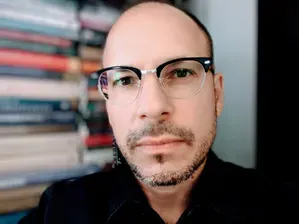
Before we close this out, I've added an offer as of July, 2025: customized and curated travel itineraries. If you're headed to this part of Virginia, I'd love to chat and put together an itinerary based on your interests- it may include Stratford Hall, an appointment with Gordon to see something their special collection, lodging...
Book a call here and let's discuss it!
Closing words from history.
An excerpt from Arthur Lee's Last Will and Testament- visible to us here in full, courtesy of Dr. Gordon Blaine Steffey. I skipped to the end because I believe this shows his relationship with his brother Richard Henry (signer of the Declaration) in such a strong light.
20th: I give all the residue of my estate, real & personal to my dear Brother Richard Henry Lee, if he should survive me, if not then to his son Francis Lightfoot Lee – 21st: I constitute & appoint my brother Richard Henry Lee my sole Executor; & if I should survive him, then I request my friend Ralph Wormeley of Rosegill to accept of that charge & of a piece of Plate worth thirty guineas for his trouble.
Do you want to support my ability to interview more fascinating historians? (and share it all for FREE?) Use my online tip jar and buy me a coffee:

There is a huge practical disclaimer to the content on this blog, which is my way of sharing my excitement and basically journaling online.
1) I am not a historian nor an expert. I will let you know I’m relaying the information as I understand and interpret it. The employees of Colonial Williamsburg base their presentations, work, and responses on historical documents and mainly primary sources. In the case of interviews, I am sharing the words of the interviewee: their values, beliefs, and interpretation of research, highlighting any notes of my own as mine.
2) I will update for accuracy as history is constant learning. If you have a question about accuracy, please ask me! I will get the answer from the best source I can find.
3) Photo credit to me, Daphne Reznik, for all photos in this post, unless otherwise credited! All photos are personal photos taken in public access locations or with specific permission.
